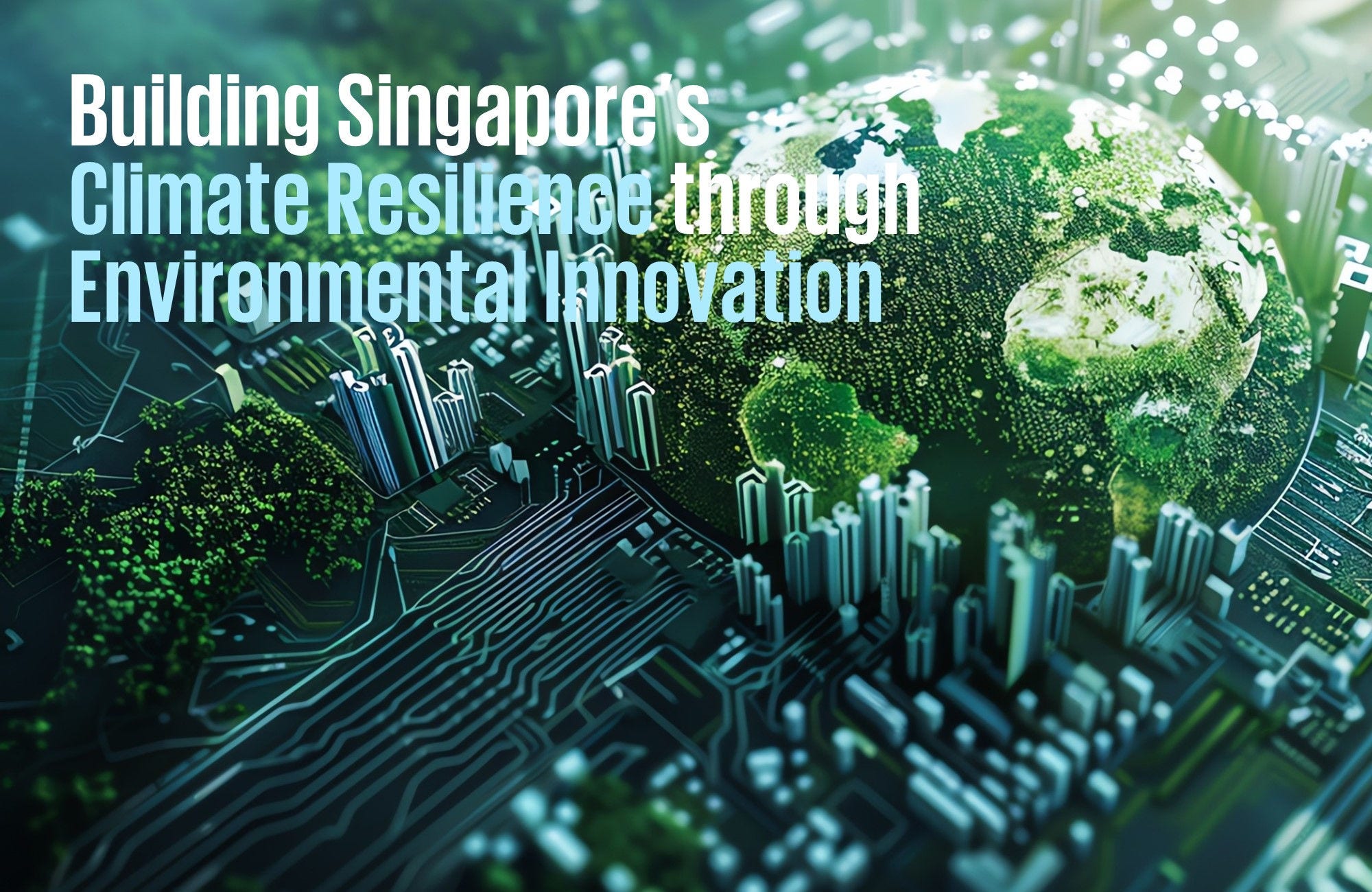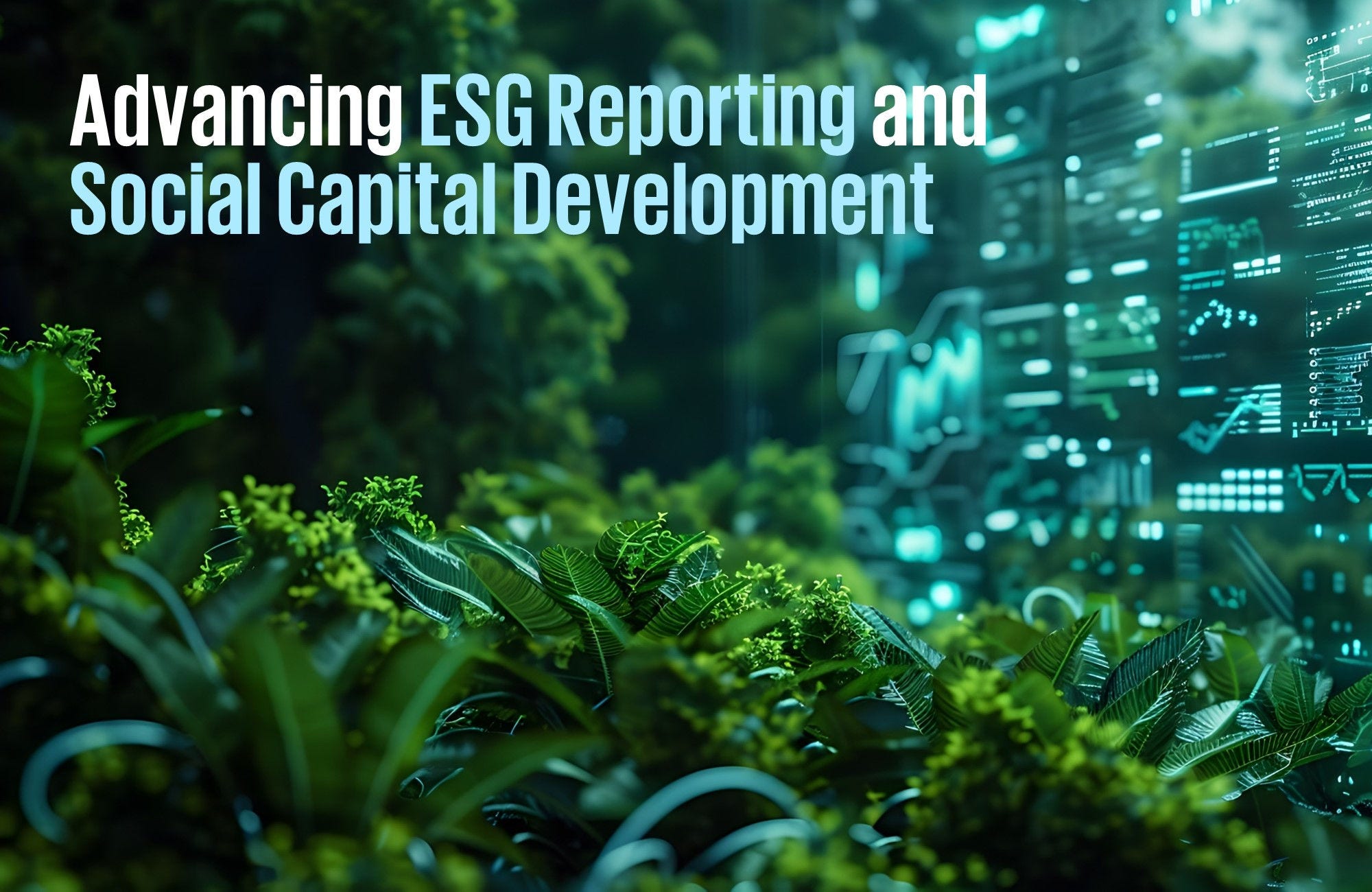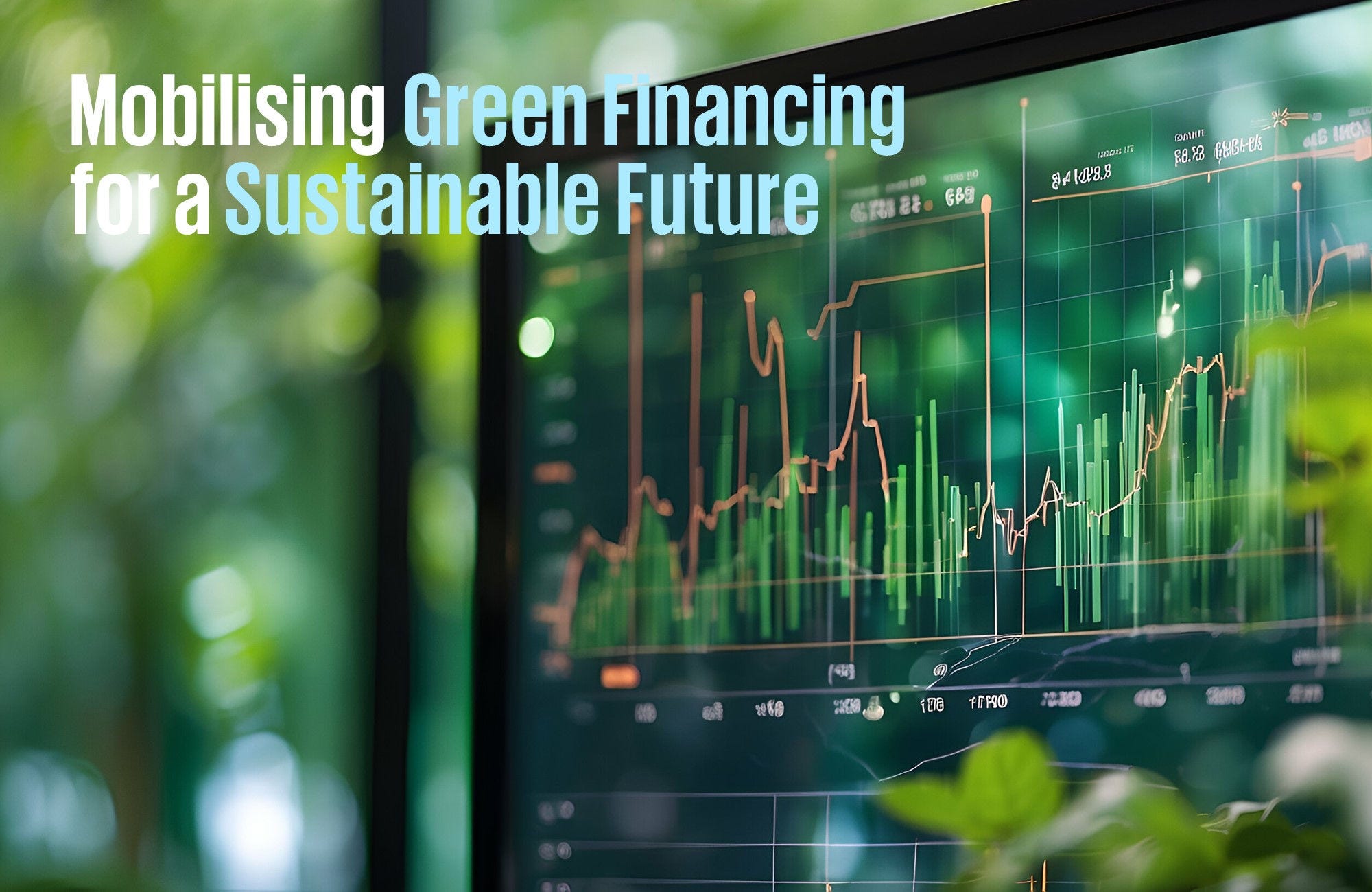Singapore is implementing a three-pillar transition approach, focusing on carbon, energy, and economic transitions to achieve its low-carbon goals. Innovative solutions such as electrification, hydrogen power, and nature-based infrastructure including mangrove restoration and urban greenery are central to this strategy. These initiatives strengthen climate resilience while supporting the nation’s sustainability commitments.
However, key challenges such as the high costs of alternative energy infrastructure, supply chain development, and a shortage of skilled professionals hinder progress. To address these barriers, the Government has established the S$5 billion Future Energy Fund and introduced grants and R&D tax incentives to drive green innovation and infrastructure development.








